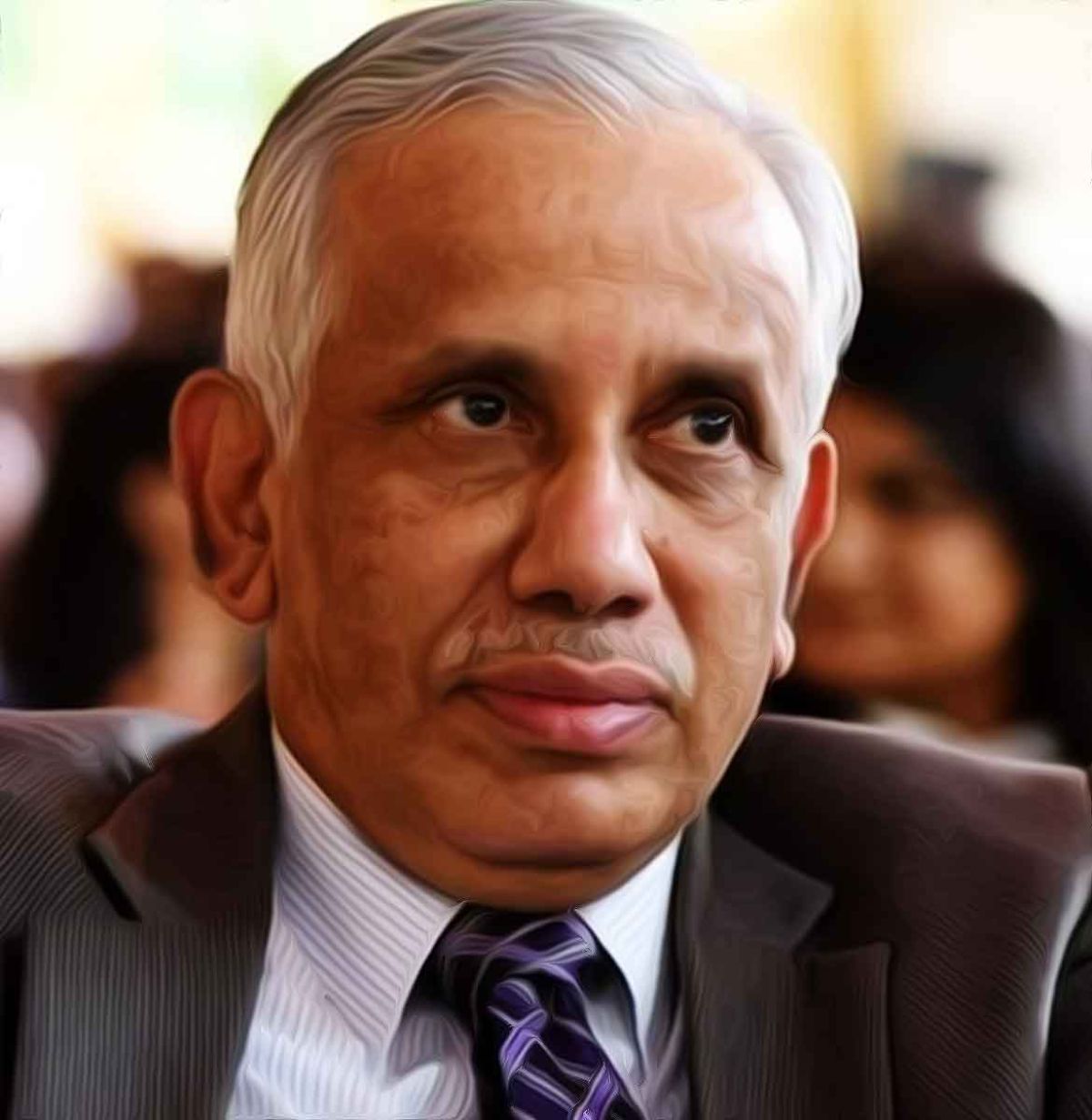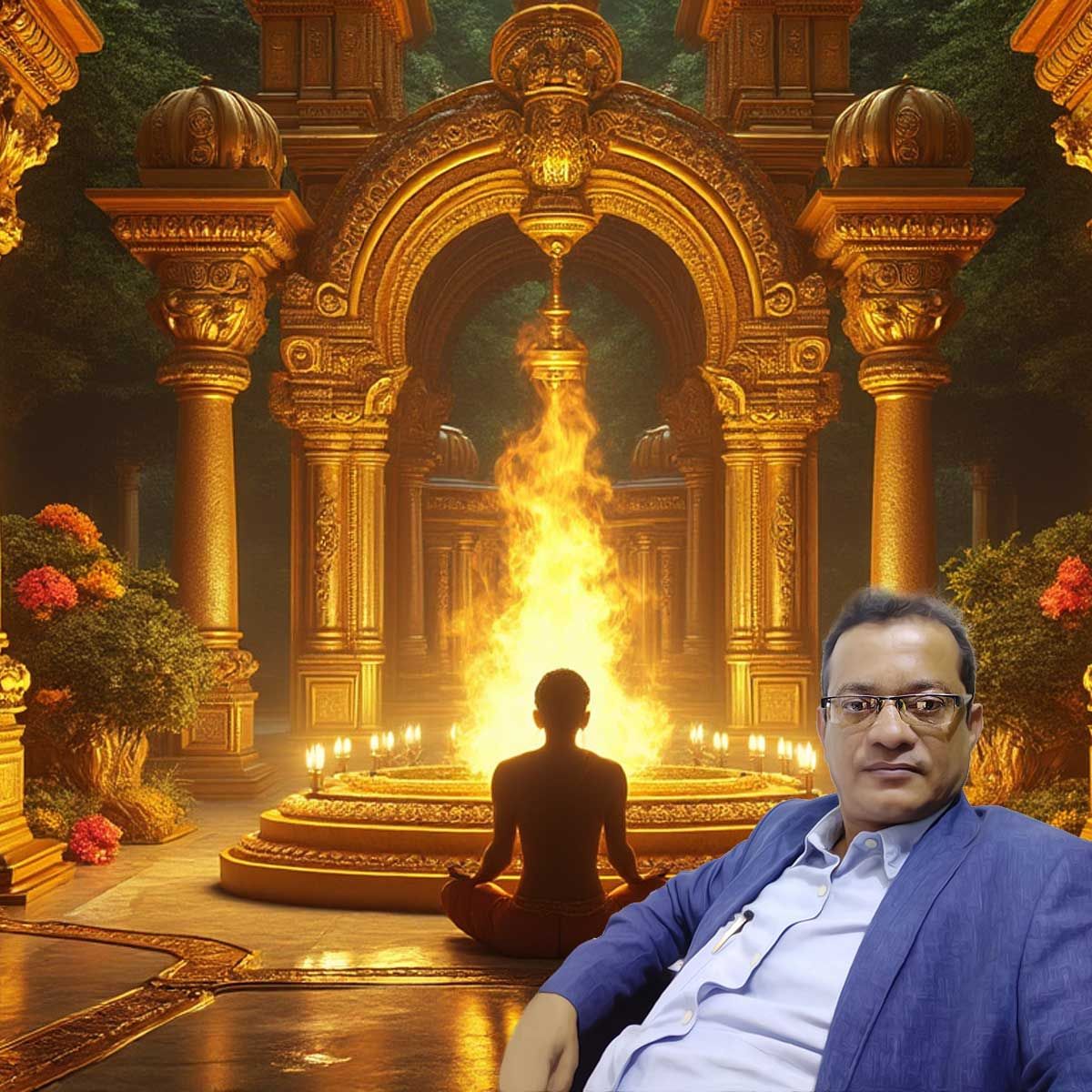More Coverage
Twitter Coverage
JOIN SATYAAGRAH SOCIAL MEDIA
"Justice delayed is justice denied": Public servant can be held guilty under Prevention of Corruption Act based on circumstantial evidence: Supreme Court, 'mere acceptance of an illegal gratification without anything more would not make it an offence'

The Supreme Court on Thursday ruled that in a public servant can be held guilty under the Prevention of Corruption Act based on circumstantial evidence in the absence of direct evidence [Neeraj Dutta vs NCT Delhi].
|
A Constitution Bench led by Justice S Abdul Nazeer and also comprising Justices V Ramasubramanian, BR Gavai, AS Bopanna, and BV Nagarathna said that the proof of demand and acceptance of illegal gratification can also be proved by circumstantial evidence in the absence of direct oral or documentary evidence.
"In the absence of evidence of complainant (direct or primary), it is permissible to draw an inferential deduction of culpability," the Court held.
However, presumption of fact with regard to demand or acceptance of illegal gratification may be made by a court of law by way of an inference only when foundational facts have been proved, the Court clarified.
The Court further said that in order to prove the demand and acceptance the following aspects have to be borne in mind:
- If there is an offer to pay by the bribe giver without any demand by public servant and the latter simply accepts the offer and receives the illegal gratification, it is a case of acceptance as per Section 7;
- If public servant makes a demand and giver accepts it, it is a case of obtainment. In both cases, the offer and demand have to be proved by the prosecution as a fact in issue;
- Mere acceptance or receipt of an illegal gratification without anything more would not make it an offence under Section 7 or 13(1).
|
The bench also held that there was no conflict in its earlier three-judge bench decisions which gave rise to the Constitution bench reference with regard to the nature and quality of proof necessary to sustain a conviction for offences under Sections 7 and 13(1)(d).
The Court had on November 22 reserved its judgment in the matter dealing with the following question of law:
"Whether in the absence of evidence of complainant/direct or primary evidence of demand of illegal gratification, is it not permissible to draw inferential deduction of culpability/guilt of a public servant under Section 7 and Section 13(1)(d) read with Section 13(2) of Prevention of Corruption Act, 1988 based on other evidence adduced by the prosecution?"
The reference to a 5-judge bench arose after a 3-judge bench in August 2019 noted that the law in concern as laid out in its decisions in B Jayaraj vs State of Andhra Pradesh, and P Satyanarayana Murthy vs District Inspector of Police, State of Andhra Pradesh and Another, conflict with its decision in M Narsinga Rao vs State of AP.
|
|
Specifically, the issue was regarding the nature and quality of proof required to sustain a conviction for the offences under Sections 7 and 13(1)(d) read with Section 13(2) of the Prevention of Corruption (PC) Act, when the primary evidence of the complainant was unavailable.
In Satyanaryana Murthy, the Court had held that, in the absence of primary evidence of the complainant due to his death, inferential deductions to sustain a conviction was impermissible in law.
In Narsinga Rao, the top court had sustained convictions despite a lack of primary evidence by relying on other evidence and raising a presumption under the statute.
Several appeals under the PC Act had subsequently been adjourned by the top court citing the pendency of the present reference.
Senior Advocate S Nagamuthu represented the lead appellant in the case.
Additional Solicitor General Jayant Sud appeared for the prosecution.
References:
 Support Us
Support Us
Satyagraha was born from the heart of our land, with an undying aim to unveil the true essence of Bharat. It seeks to illuminate the hidden tales of our valiant freedom fighters and the rich chronicles that haven't yet sung their complete melody in the mainstream.
While platforms like NDTV and 'The Wire' effortlessly garner funds under the banner of safeguarding democracy, we at Satyagraha walk a different path. Our strength and resonance come from you. In this journey to weave a stronger Bharat, every little contribution amplifies our voice. Let's come together, contribute as you can, and champion the true spirit of our nation.
 |  |  |
| ICICI Bank of Satyaagrah | Razorpay Bank of Satyaagrah | PayPal Bank of Satyaagrah - For International Payments |
If all above doesn't work, then try the LINK below:
Please share the article on other platforms
DISCLAIMER: The author is solely responsible for the views expressed in this article. The author carries the responsibility for citing and/or licensing of images utilized within the text. The website also frequently uses non-commercial images for representational purposes only in line with the article. We are not responsible for the authenticity of such images. If some images have a copyright issue, we request the person/entity to contact us at This email address is being protected from spambots. You need JavaScript enabled to view it. and we will take the necessary actions to resolve the issue.
Related Articles
- "What a sad era when it is easier to smash an atom than a prejudice": Supreme Court declines to entertain PIL for creation of National Commission for Men to look into suicides among married men, says "No question of misplaced sympathy for anyone"
- "Delay is the deadliest form of denial": Supreme Court grants temporary respite in Gyanvapi row, halting ASI's survey till Wednesday 5pm, the bench chaired by CJI D Y Chandrachud paid heed to the submissions made by senior advocate Huzefa Ahmadi
- “Words have no wings but they can fly a thousand miles“: Justice Ajay Rastogi - "If You decide against the Govt, You will be labeled as an independent judge, if you make a comment against the Govt, everyone including media is happy; this should change"
- Supreme Court is all set to hear a Muslim side's petition against the survey of Gyanvapi complex after the survey team finds Shivling inside the disputed structure: 3 member bench headed by Justice DY Chandrachud
- "ॐ त्र्यम्बकं यजामहे सुगन्धिं पुष्टिवर्धनम्": In a Historic win for Hindus, Allahabad HC upholds right to worship at Gyanvapi, dismisses all Muslim petitions, Court orders swift 6-month decision, ASI can survey any part of plot number 9130 (Gyanvapi site)
- "अल्हम्दुलिल्लाह!!! Mob has no religion": The Rajasthan High Court grants bail to 18 Islamists accused in the Hindu Shobha Yatra attack in Chittorgarh, highlighting the challenges of pinpointing culprits amidst the chaos of mob-induced communal violence
- “If you’re good enough to hit the gym at 70, why not a courtroom?”: Age of retirement of Supreme Court and High Court Judges needs to be increased in sync with increase in the longevity and advancement in medical sciences, Parliamentary Committee
- "We must distinguish between speaking to deceive and being silent to be reserved": After Delhi and Allahabad, Madhya Pradesh High Court also admitted PIL challenging the constitutional validity of the Waqf Act, enacted by Congress Govt in 1995
- “A mother’s arms are made of tenderness and children sleep soundly in them”: Bombay High Court grants bail to woman accused of throwing her newborn baby from top of building, she was upset with her husband, and suspected of him committing adultery
- 'Every sinner has a future': Bombay HC suspends Nijam Asgar Hashmi's life sentence, convicted for beheading Umesh Ingale, his girlfriend’s cousin; questions evidence led by Hashmi, who invited Ingale for "sheer khurma" on Eid just to get rid of him






















